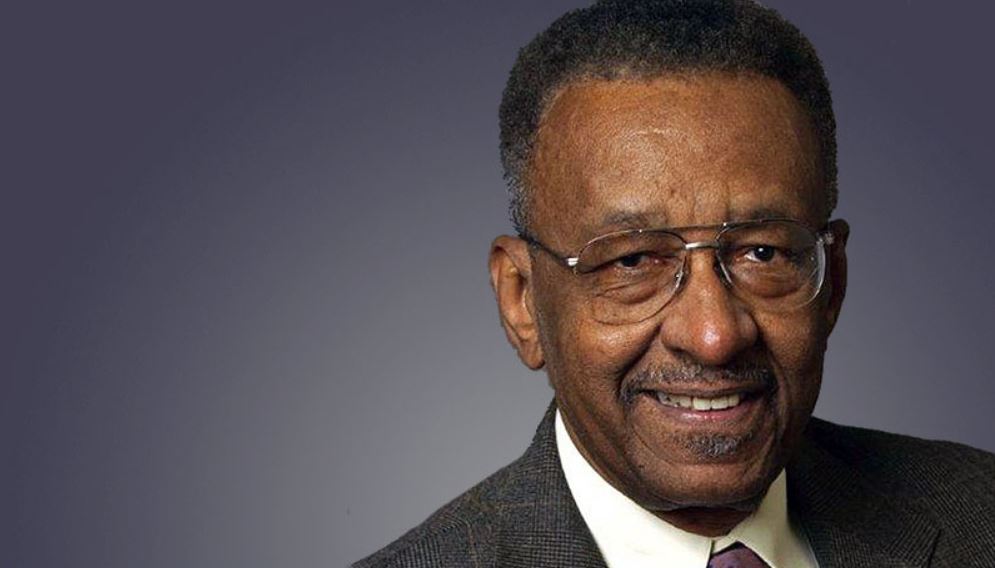At George Mason University, they are giving a “roast” — that peculiarly American combination of praise and ridicule — to Walter Williams, professor of economics and columnist extraordinaire. Although I cannot be there, let me participate vicariously with a few observations about Walter.
I first met Walter Williams back in 1969, when I was teaching summer school at UCLA and he was a student working toward his Ph.D. in economics there. Contrary to some accounts in the media, Walter was never a student of mine. Nor did he get his ideas from me.
The very reason Walter Williams dropped by my office that summer was that someone had told him that there was another black man who was expressing the same kinds of ideas that he had been expressing before I got there. To both our surprise, we discovered that we had in fact reached similar conclusions on a wide range of issues, especially those involving race.
In the years ahead these ideas would be called “black conservatism” in the media, though it is hard to imagine two less conservative guys. In the military, each of us had a brush with a court martial — Walter in the Army and I in the Marine Corps — because we did not conform. It should not be surprising that we did not conform to the racial orthodoxy of the 1960s.
Because Walter was tied up writing his doctoral dissertation, I was the first to go into print with ideas that we both had. One of Walter’s earliest writings was an article explaining why “the poor pay more” in stores in low-income neighborhoods.
Some sociologists had written a book with that title but their explanations overlooked the economic factors behind high prices in ghettos and barrios. After Walter explained the economics behind these high prices, those who were now deprived of their all-purpose explanation — racial discrimination — reacted bitterly by denouncing Walter as a “white racist.”
After Walter went on television, liberals had to come up with some new derogatory labels — and they did. But these labels were like water off a duck’s back to Walter Williams.
Walter was as undaunted by apartheid in South Africa as he was by lockstep racial rhetoric in the United States. Many economists have said that how much discrimination there will be depends on how much it costs to discriminate in the marketplace. But Walter was the only one to put it to a test by living in a neighborhood that the apartheid government had designated as “white only.”
Not very conservative.
Out of this experience came a book titled “South Africa’s War Against Capitalism.” Over the years, I have used examples from that book in my own writings. This is as good a time as any to acknowledge my debt — especially since our flawed legal system will not enable Walter to collect.
Another very enlightening book by Walter Williams is “The State Against Blacks.” This goes into the many American government policies and practices which have had a major negative economic impact on blacks.
These include minimum wage laws, occupational licensing laws, and regulation of railroads and trucking. None of these is explicitly racial in intent but their actual consequences have included restrictions of employment opportunities for blacks, as Walter demonstrates with hard facts and figures.
Both these books are written in plain English, by the way, a rarity among the writings of economists. The ability to speak this rare dialect has also helped Walter during his appearances on TV programs and as an occasional fill-in host for Rush Limbaugh.
Walter Williams is the only debater to leave Jesse Jackson speechless. On another occasion, he flabbergasted Ted Koppel when a woman on welfare said that she didn’t have enough money to take care of all her children and Walter replied: “Did you ever consider that you might have had too many children for the money?”
Although Walter often comes across as hard-boiled on social issues — he once said that the government has no right to take a dime of his money to spend on someone else –the fact is that he has been very generous using his own money and his own time to help others. He just doesn’t want politicians doing it and messing things up.
This is a long overdue tribute to a great guy.




